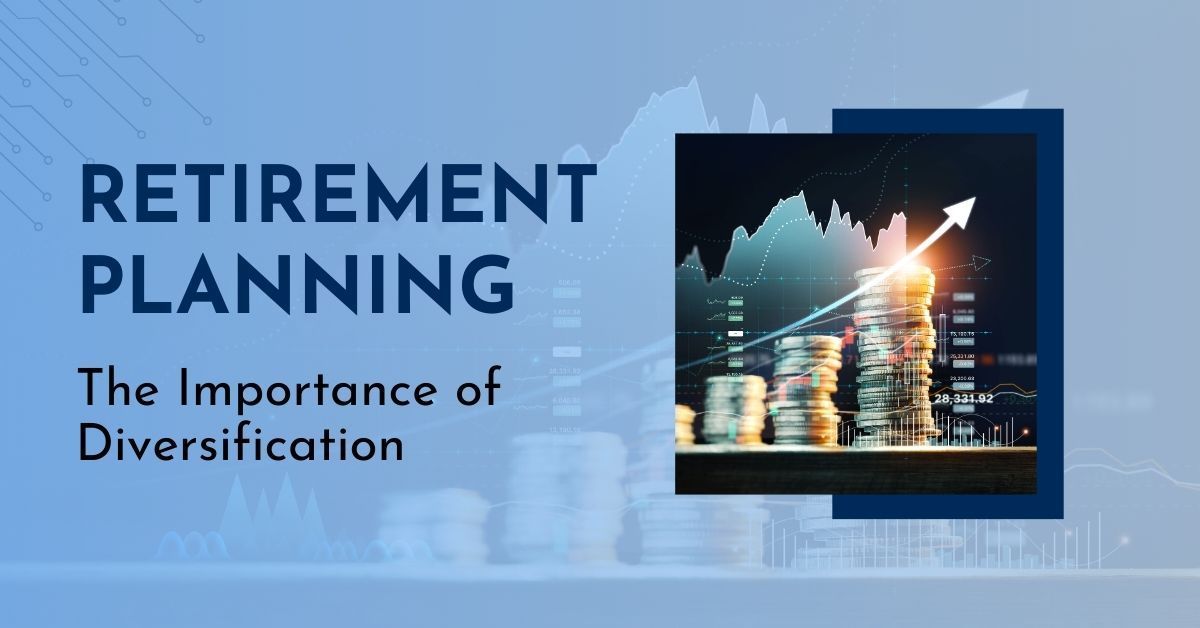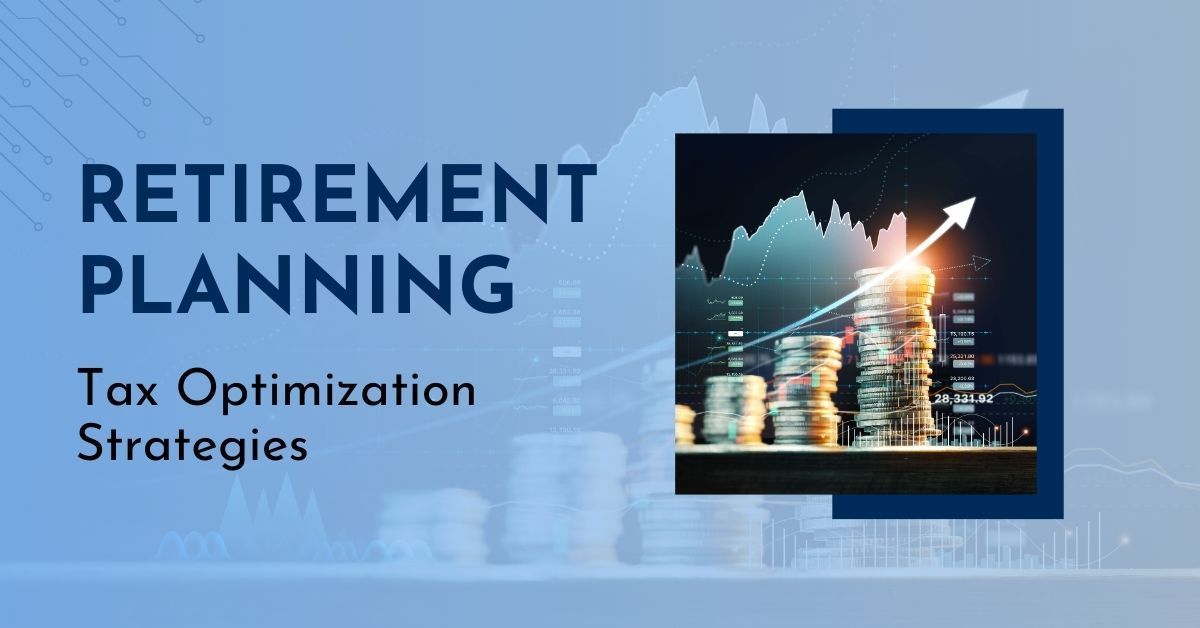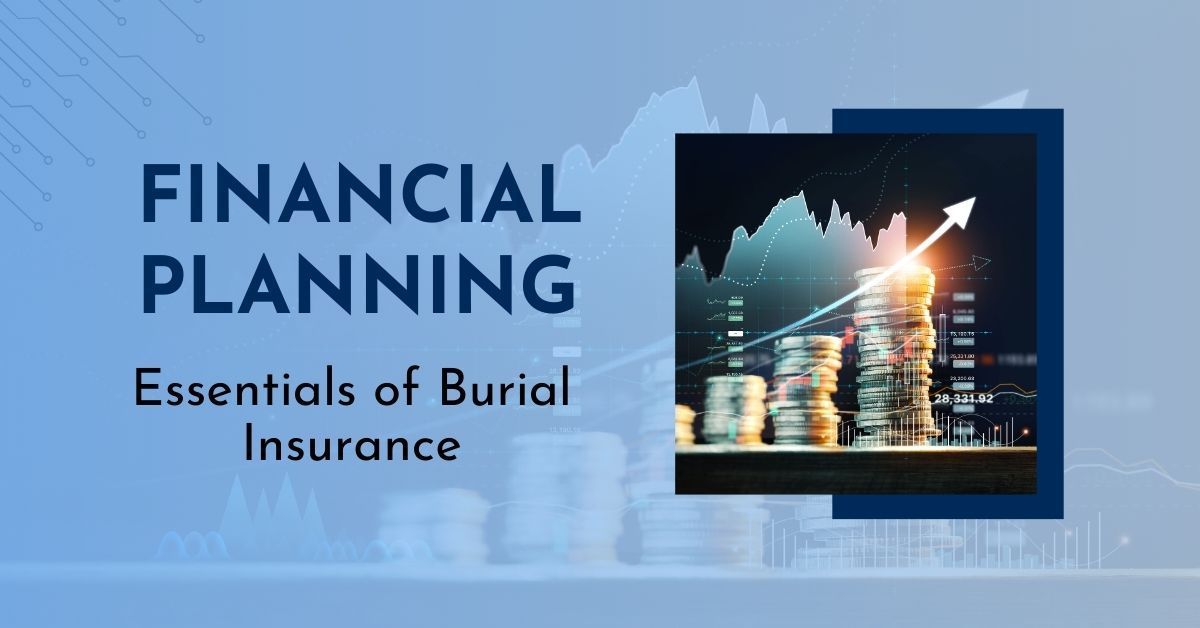Risk Management Strategies for Retirees in New Jersey

Retirement marks a significant milestone in one’s life. It’s a phase where you’ll shift from the hustle of work to a time of relaxation and enjoyment. In New Jersey, retirement includes various aspects including financial planning, lifestyle choices, and healthcare considerations.
High property taxes in New Jersey can significantly impact retirees' financial planning, adding to the complexities of managing expenses.
Planning for retirement in New Jersey can be a bit of a puzzle. This is especially true with the state’s unique financial and economic landscape.
Implementing effective risk management strategies will help ensure your financial security during retirement. Risks like fluctuating market conditions to healthcare costs are unavoidable. But understanding how to mitigate these risks makes all the difference.

For most retirees in New Jersey, it’s a must to diversify your investment portfolio to spread the risk. Think about options like standby reverse mortgages, which can be a helpful tool during market downturns.
The goal is to create a sustainable retirement income plan that meets your needs and adjusts to potential risks. By carefully managing your investments and understanding state-specific factors, you can focus on enjoying your retirement years with peace of mind.
Key Takeaways
- Different post-retirement risks can affect your income in your golden years.
- Effective risk management strategies are crucial for financial security during retirement.
- Diversifying your investment portfolio helps spread and mitigate risks.
- Understanding New Jersey's tax implications on retirement income is essential.
What Is Post-Retirement Risk?
The future is full of uncertainties, which can often invoke anxiety. And retirement is no exception.
Every year, roughly 12,000 Americans will turn 65 every day, according to the Nationwide Retirement Institute. The survey reveals that many pre-retirees are afraid of running out of money.
Before transitioning into this new phase of life, it’s important to learn more about post-retirement risks. This refers to the various challenges and uncertainties individuals may face after they retire. Understanding these potential risks is crucial for effective retirement planning.
Common Post-Retirement Risks

Longevity Risk
Lifespans are getting longer across the world. According to the World Health Organization, life expectancy has increased by more than six years between 2000 and 2019.
People are living longer, which means savings need to last longer. As a result, the risk of outliving your retirement savings is higher. Depending on your lifestyle, you might spend a longer retirement than you think.
Inflation Risk
Even low inflation can reduce your purchasing power. Over time, the cost of goods and services increases.
Let’s say that you aim for at least $100,000 in retirement savings annually. Considering a 2% inflation rate, the value of your money will decrease due to inflation.
This means that in 10 years, $100,000 will have the same purchasing power as approximately $82,034.83 today.
Healthcare Risk
As we age, our healthcare needs become more complex. Medical expenses are probably one of your largest retirement expenses. Sudden illnesses or health conditions may appear post-retirement.
To address healthcare risk, having comprehensive health insurance coverage like Medicare and supplemental plans is important. Retirees are also encouraged to purchase long-term care insurance. By choosing cost-effective healthcare plans and managing medical expenses efficiently, retirees like you can save money.
Investment Risks
The risk that an investment could fail in the future may increase as he or she becomes older. In some circumstances, financial markets may generate lower returns over extended periods.
Market Risk
If you invest in stocks, bonds, or real estate, remember that investing involves risk, and market risk is one thing to watch out for. This refers to the risk of investment losses due to market volatility.
You can predict the performance of financial markets, especially during your retirement years. While we cannot control market downturns, there are some strategies to mitigate this.
- Diversification: Spreading investments across different asset classes to reduce risk exposure.
- Asset Allocation: Adjusting the percentage of your assets based on risk tolerance and time horizon.
- Regular Rebalancing: Buying and selling your investments to maintain the desired asset allocation.
Interest Rate Risk
The growth of your retirement fund depends on the interest rates. Prolonged periods of low interest rates can reduce income from bonds and other fixed-income investments. As interest rates rise, bond prices fall, and vice versa. Interest rate risk can be reduced by adding fixed-income securities to your portfolio.
Investment Strategies for Retirees

For most retirees, making smart investment decisions means finding the right balance between risk and reward while keeping your financial security intact. Key strategies include asset diversification, stable income through annuities, and managing growth and risk to ensure a comfortable retirement.
Let's break down these strategies that can help you enjoy a comfortable retirement.
Asset Allocation and Diversification
One of the best ways to protect your retirement savings is by diversifying your investments across different asset classes. This means not putting all your eggs in one basket.
When you spread money across stocks, bonds, and cash, it’s easier to manage market risk. Stocks might offer growth, but they come with higher risk. Meanwhile, bonds provide steady income with lower risk, and cash keeps things liquid.
Having a balanced investment portfolio means even if one asset class underperforms, others can help keep you stable. Consulting a reliable financial advisor can help you create a diversified investment portfolio tailored to your needs.
Fixed Annuities and Stability

Fixed annuities provide a reliable income stream, making them a popular choice for retirees. By investing in fixed annuities, you lock in guaranteed payouts, which can give you peace of mind.
Unlike stocks, fixed annuities aren’t affected by market ups and downs. They provide stability regardless of market volatility. This can be especially useful for covering healthcare and daily living costs.
Although fixed annuities might not offer high returns, their predictability is a solid benefit for long-term financial planning.
Balancing Risk and Growth

Striking the right balance between risk and growth is crucial.
As you get older, you need to reduce exposure to the stock market, but not eliminate it entirely. Keeping some investments in growth assets like stocks can help combat inflation and grow your savings. Adjust your strategy based on how much risk you’re comfortable with.
For instance, if you're in good health and can take on a bit more risk, you might lean towards more growth investments. In contrast, if you need immediate funds, a more conservative approach could be better.
You can also use strategies like dollar-cost averaging to invest gradually. This approach involves investing a fixed amount regularly. Dollar-cost averaging helps mitigate risks and allows you to capitalize on market growth.
The Role of Social Security in Your Retirement Income Plan
Social Security benefits are a critical part of most retirement plans. It’s important to understand how and when to claim these benefits to maximize your advantage.
Understanding all available retirement benefits, including Social Security, is key to maximizing your financial security.
In New Jersey, your benefits depend on your earnings history and the age you start receiving them. You can start as early as 62, but waiting until full retirement age or later increases your monthly benefit.
It’s recommended to incorporate Social Security into your overall retirement plan. Consider it a steady, lifelong income stream that complements your other retirement funds.
Financial Planning and Risk Management Approaches To Consider

When planning for retirement in New Jersey, think about various factors to keep your finances stable. This includes dealing with market fluctuations, longevity risks, and potential healthcare costs.
Manage Market Volatility
Market volatility can have a big impact on your retirement savings. If the market takes a downturn, the value of your investments can drop significantly. To manage this, allocate your portfolio between stocks, bonds, and other assets. Diversification is key to preventing extreme losses. When one investment takes a hit, others can help cushion the blow.
Additionally, it's important to consider income tax implications when managing investment portfolios to mitigate market volatility.
Address Longevity and Healthcare Costs
Living longer than you expected can strain your retirement funds. One way to address longevity risk is by budgeting for long-term care expenses. These costs can be significant but are often overlooked.
Long-term care insurance can help cover costs like nursing home care, in-home care, and assisted living. With this type of insurance, you can protect your savings from being depleted by high medical expenses.
Buy Insurance and Protection Plans

Insurance companies offer various products to help manage risks during retirement. If something happens to you, life insurance provides financial security for your loved ones. Death benefits can be used for funeral expenses, debts, and even inheritance.
Aside from the basic insurance plans, supplementary insurance can fill the gaps. Consider policies that cover specific needs like dental care or prescription medications to reduce out-of-pocket costs.
Tax Considerations for Retirees

When you’re planning for retirement, you should be aware of how taxes will affect your savings and income. Being strategic about your withdrawals can help you keep more of your hard-earned money.
Taxes on Social Security Benefits
Many retirees are surprised to learn that they need to pay taxes on Social Security benefits. Federal taxes on Social Security benefits can significantly impact your overall tax liability in retirement.
Different states tax Social Security benefits differently. Some states exempt Social Security benefits from state income taxes, while others take a more aggressive approach. Understanding these state income tax rates can make a big difference in planning your finances.
Tax Implications of Retirement Accounts

Retirement accounts like IRAs and 401(k)s come with different tax advantages and rules.
With a Traditional IRA, your contributions are tax-deductible, so you don’t pay federal income tax until you withdraw the money. On the other hand, a Roth IRA is funded with after-tax dollars. This means withdrawals are usually tax-free. Having a Roth account is useful if you expect to be in a higher tax bracket during retirement.
For 401(k) plans, contributions are made pre-tax. However, you must start taking the required minimum distributions (RMDs) at age 72. These withdrawals are taxed as ordinary income, which could potentially push you into a higher tax bracket.
Strategies for Tax-Efficient Withdrawals
- Withdraw from your taxable retirement accounts first, followed by tax-deferred accounts like Traditional IRAs or 401(k)s.
- Convert your Traditional IRA to a Roth IRA for tax-free withdrawals in the future.
- Be aware of the Medicare Income-Related Monthly Adjustment Amount (IRMAA), which can increase your premiums based on your income.
- Time your withdrawals properly to help keep your income and Medicare costs lower.

Retirees often face unique risks when planning their futures. Here are some common questions about risk management strategies to apply during retirement.
How do you manage retirement risk?
Managing risks during retirement involves planning well beyond your retirement age. The process may include adjusting investments for a less regulated environment, downsizing a house and lifestyle as necessary, investing in inflation protection securities, and other measures.
It is also important to consider household income when planning for retirement to ensure financial stability.
How can retirees effectively manage their investment risk?
Diversify your portfolio by including a mix of stocks, bonds, and other assets. This helps spread out risk and reduces the impact of market fluctuations. As you age, consider shifting to more conservative investments. Regularly review and adjust your portfolio based on changing market conditions and your financial needs.
What steps can retirees take to minimize healthcare cost risks?
First, enroll in comprehensive health insurance plans. You may also consider looking into Medicare options and supplemental plans that cover services not included.
Another way to minimize healthcare risk is by using health savings accounts (HSAs). These provide a tax-advantaged way to pay for your medical costs in the future.
Frequently Asked Questions
Take Control of Your Financial Future Today
Seeking advice from a financial advisor can help you stay on track for a more secure and prosperous retirement. At Leonard Financial Solutions, we demystify retirement planning for you.
Our Moorestown retirement planning advisors focus on two things—growth and protection. Retirement planning isn't just about saving money. It’s about ensuring that your retirement nest egg grows while protecting it from potential risks.
Don’t know how to plan for your retirement? Simply get in touch with us, and we’ll discuss how we can achieve your financial goals.
Get a Free Consultation
At Leonard Financial Solutions, we're committed to making your financial planning straightforward and stress-free.
Contact us today to see how we can help you save time and money while securing your future.










